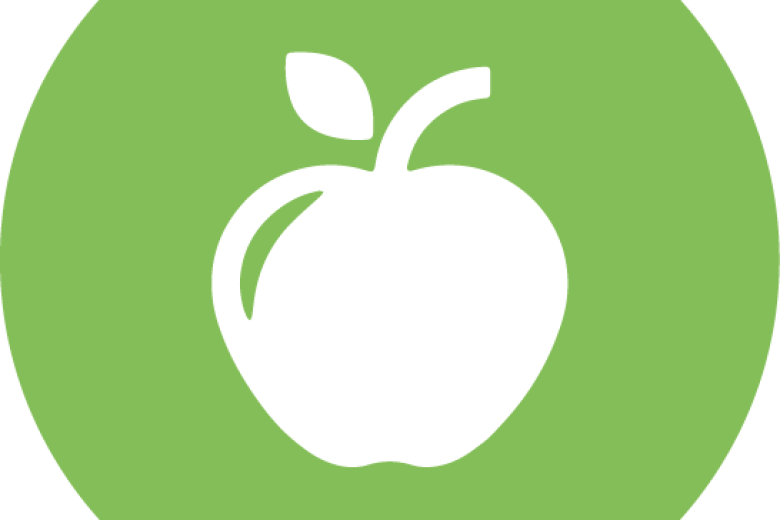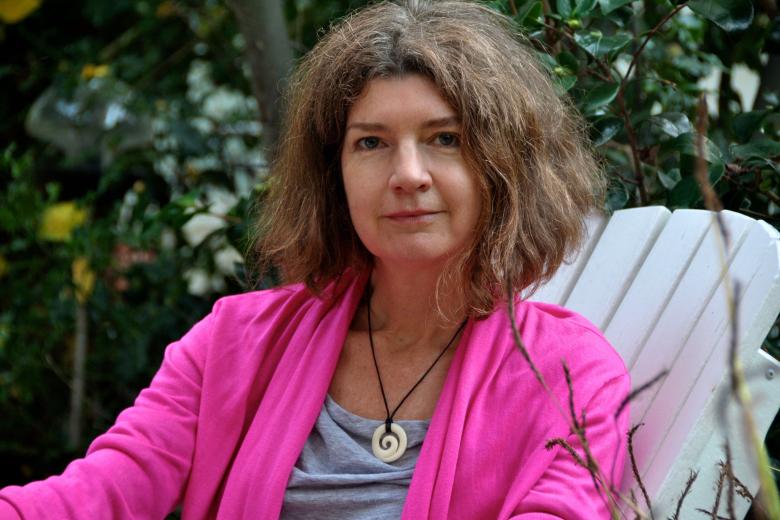Subversive crime through high-value unique goods
Crimes involving high-value unique goods, such as luxury items and works of art, have evolved in one surprising way: where the lure for criminals once lay in stealing or forging such objects, it now lies in transforming them into financialized assets, for instance to obscure transactions, to launder money, or to hide wealth and evade sanctions. To understand exactly how this works and can be prevented, a major new research project called PRICELESS is starting. The project is led by Dr. Christoph Rausch, Associate Professor at Maastricht University and affiliated with the Maastricht Centre for Arts and Culture, Conservation and Heritage (MACCH), among others. PRICELESS has a budget of 1.3 million euros and is funded by the Netherlands Organization for Scientific Research (NWO) and partly by public and private partners.
Criminal revenue model?
Key to the assetization of unique goods is their valuation, upon which subsequent collateralisation, securitization, and derivation depends. Zooming in on artworks and luxury goods such as expensive watches, PRICELESS analyses contested practices of value appraisal, insurance, and accounting, and examines how they can become corrupted. While many different parties are involved in the valuation of unique goods, they each use different methods and rarely exchange relevant data, often due to privacy constraints. However, sharing information is crucial to understanding how the valuation of assetized unique goods is malleable and subject to manipulation.
Public Private Partnership
PRICELESS builds on a successful, established collaborative network between public and private partners in the Netherlands to map and mitigate associated risks of criminal subversion. The project combines qualitative and quantitative research into the assetization of high-value artworks (including crypto art and NFTs) and expensive (pre-owned) watches with the promising method of financial crime scripting to reveal how (non-banking) financial services and legal arbitrage practices facilitate dangerous schemes of subversive crime. Adapting innovative privacy-preserving technologies to allow for data, information and intelligence sharing between private and public organizations, PRICELESS will improve resilience through better standards, controls, regulation, and policing.
NWO investment
NWO funds PRICELESS and two other public private partnership projects that will investigate intervention and prevention of illegal activities that undermine our legal structures. This so-called subversive crime has disruptive effects on society. The research increases the action perspective for citizens, investigators and enforcement officers, making them more resilient and effective. Six million euros is available, of which NWO funds five million and companies and public organizations one million. This allocation of funds under NWO's Knowledge and Innovation Covenant (KIC) program is in line with the central government's mission-driven top sectors and innovation policy.
Also read
-
How sustainable and healthy is the new all-vegetable food line?
Under the name "Terra," Albert Heijn has introduced a 100 percent plant-based product line, with some two hundred different food items ranging from beverages to spreads and meat substitutes. How sustainable and healthy are these products?
-
A better understanding of taste and mouthfeel
A better understanding of taste and mouthfeel
-
Man is not at the top of evolution
Man is not at the top of evolution says Jose Joordens